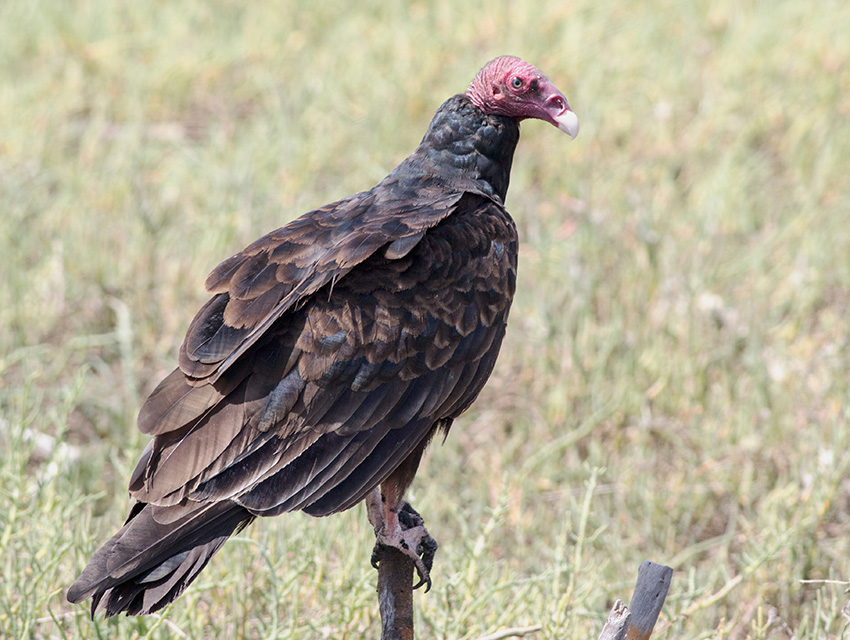Vulture Control
Do you need to get rid of vultures? We can help!

Vulture Control Strategies
Instead of trying to self-install spikes and noisemakers all around your home, reach out to us. The experts of Trutech have spent years creating vulture control and vulture removal tactics that are safe and successful. Our services provide you with long-term solutions so that you don’t have to fret over other costly and inefficient ways of discouraging vultures from making a home on your property. We’ve got you covered.
Trutech cares about the environment and its wildlife, and we’re committed to capture and removal methods that minimally impact the neighboring ecosystem. Our techniques are ethical and effective, so you’ve got nothing to worry about. Give us a call today, and we’ll take care of everything.
Vulture Problem

Signs a Vulture is on Your Property
Vultures, also known as buzzards, are large scavengers that can occasionally make their way into residential areas. While not technically a threat, these birds often travel in big groups, and their large numbers can quickly turn the otherwise mild inconvenience of their presence into a major aggravation. Vultures’ tendency to pick at roofing and leave behind large volumes of waste can make them quite a nuisance, one that’s not especially easy to get rid of. It’s against federal law to harm or exterminate vultures, and many of the methods homeowners could use to deter these large birds are unsightly and expensive, as well as difficult to implement. Plus, there’s no guarantee you’ll get the results you desire; vultures can be pretty stubborn creatures when they find an area they like.

Dangers of Vulture Infestation
Since turkey vultures are social birds, where there’s one, there could be hundreds. They roost together high in trees and on other structures, leaving an enormous amount of droppings below. While their stomach acid kills most bacteria associated with other avian feces, the sheer volume of waste can be a problem. In some instances, vultures leave bones and animal carcasses behind, attracting insects and vermin. The pests pick at shingles, caulking, and roofing, while they are also known to attack lawn ornaments, outdoor furniture, and pool toys.
Humane Vulture Removal & Control Strategies

Entry into property
Turkey vultures have adapted to human presence and will eat discarded food items. However, they are not often found in yards unless properties are sizable or a dead animal is within its boundaries. Despite this, they can roost in nearby expanses dense with trees and make periodic visits to residential areas.

Prevention & Exclusion
These migratory birds are protected by federal law, so they cannot be harmed or killed. Homeowners can discourage the presence of vultures, although most remedies are costly and time consuming. For example, bird spikes or shock traps can be put in place to make landing surfaces less hospitable. Various noisemakers and motion deterrents are available as well. However, all require a significant investment for uneven results and may require climbing to dangerous heights for installation.


